Keynote Speakers
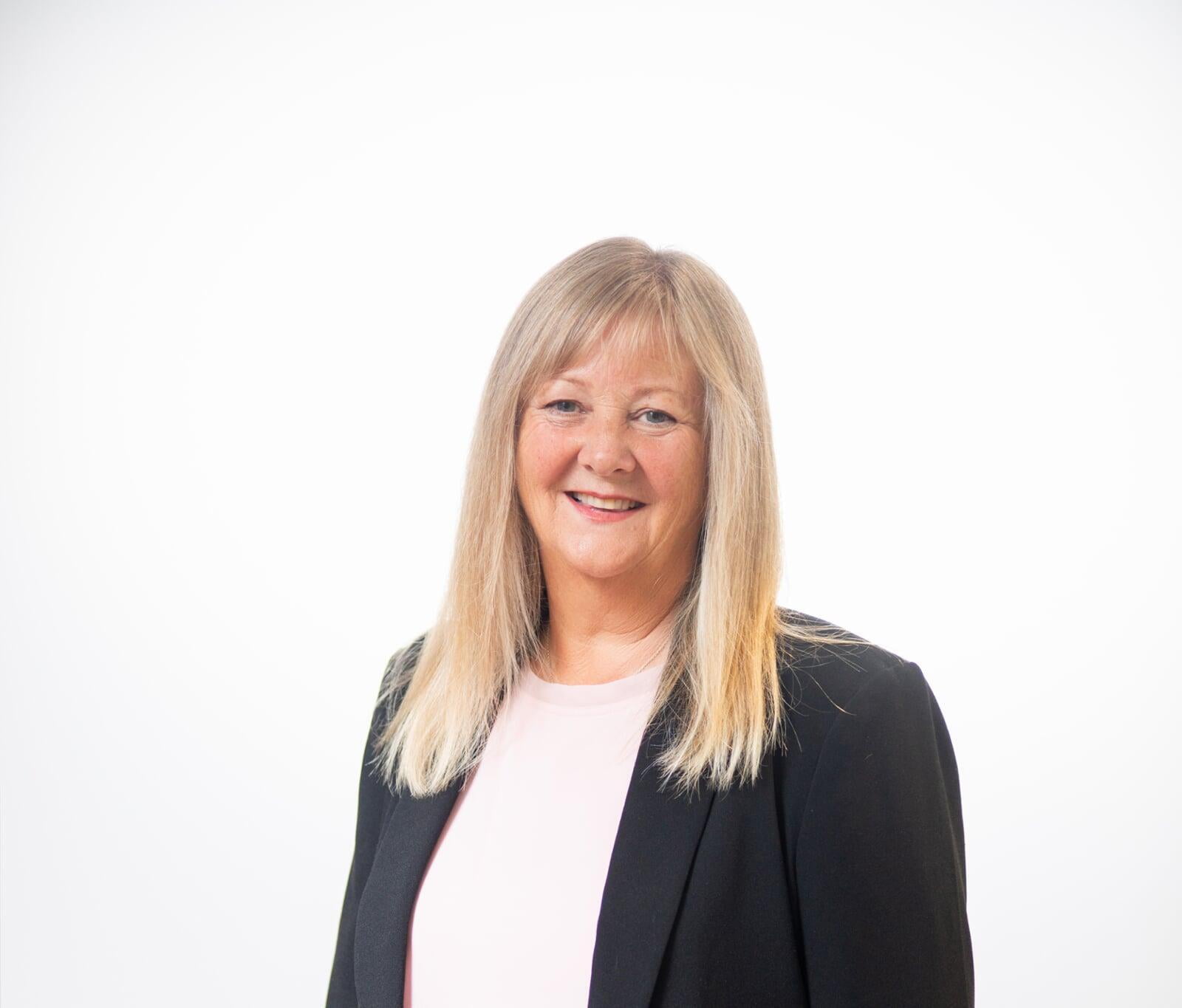
Hon. Penny Simmonds ONZM - Minister for the Environment
Penny Simmonds is the Member of Parliament for Invercargill, elected in 2020. At the 2023 General Election, Penny retained the seat of Invercargill and became the Minister for Disability Issues, the Environment, Tertiary Education and Skills as well as the Associate Minister for Social Development and Employment. She is a member of the Cabinet Appointments and Honours, the Cabinet Economic Policy Committee and the Cabinet Social Outcomes Committee.
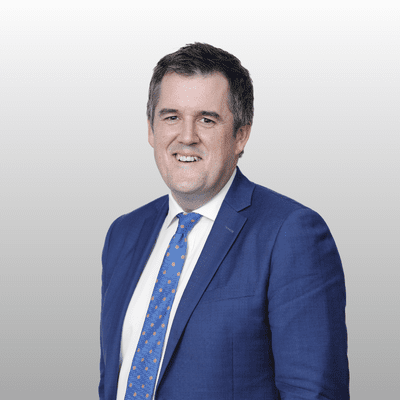
Hon. Chris Bishop - Minister Responsible for RMA Reform (TBC)
Chris Bishop is the Minister of Housing, Minister for Infrastructure, Minister Responsible for RMA Reform, Minister for Sport and Recreation, Leader of the House, and Associate Minister of Finance. He is the MP for Hutt South.
Chris was born and raised in Lower Hutt where he lives with his wife and young son. He has a first-class Honours degree in Law and a Bachelor of Arts from Victoria University of Wellington and was the 2006 Young Wellingtonian of the Year. Before serving as an MP, Chris worked as a researcher for the National Party in Opposition and was later an advisor to Ministers in the John Key-led Government.
Chris was the National Party Campaign Chair for the 2023 General Election.
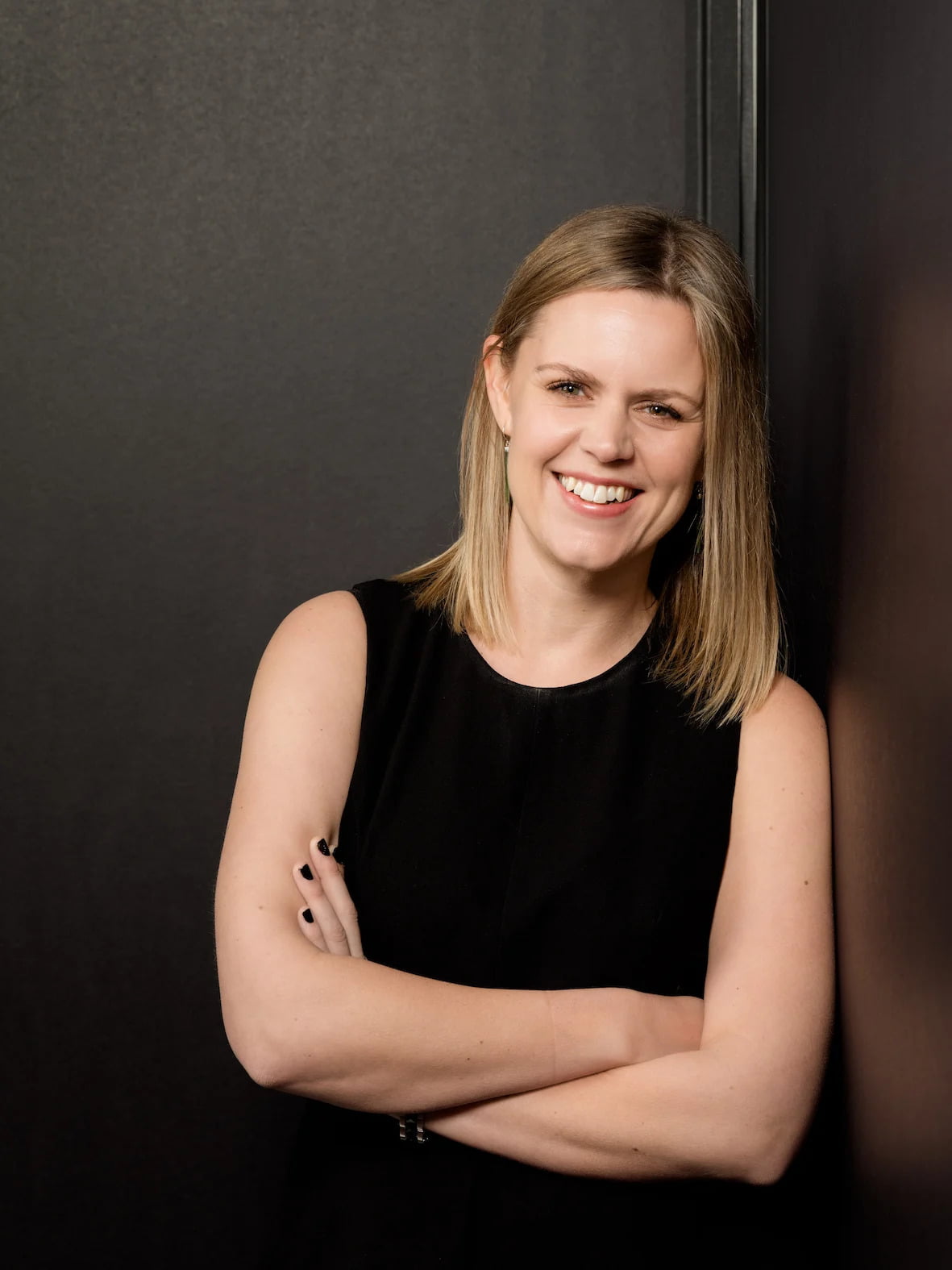
Alicia McKay - leading expert in strategy and change
Unleash your inner strategist
Are you sick of feeling pulled in multiple directions at once? Are you tired of feeling your priorities change weekly, daily, or hourly? Get off the reactive treadmill and become a calm, collected strategist in this inspired keynote with Alicia McKay. Learn practical tips and tricks to manage unexpected disruption and plan for an uncertain future, to help you achieve your most important goals.
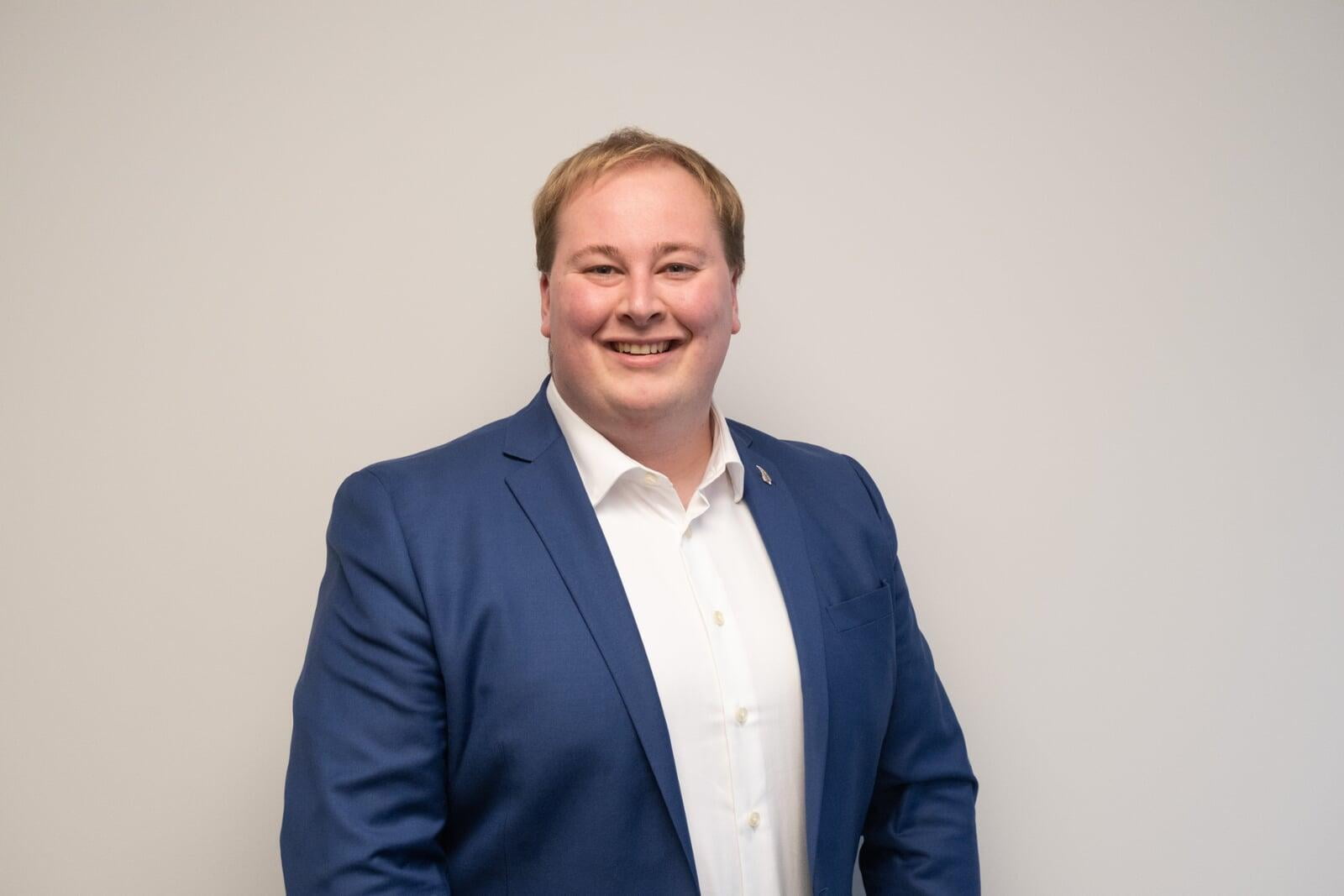
- Brad Olsen - Chief Executive and Principal Economist, Infometrics Limited
- Brad Olsen - Chief Executive and Principal Economist, Infometrics Limited
How economic trends will impact businesses in 2024
The economic outlook for New Zealand remains cautious, with the outlook for interest rates becoming the key area of discussion for 2024 as the Reserve Bank and markets remain far apart as everyone starts to guess when easing interest rates will begin. Higher rates have seen households become more careful with spending, which in turn is dampening inflationary pressures. Migration stands out as a continued challenge, with record high migration levels but a huge infrastructure deficit to contend with, and policies by the new government and continued global turmoil remain in focus. Brad will discuss how economic activity is expected to evolve in 2024 and what these trends mean for the economy, and for our sectors.
About Brad
Brad Olsen is one of New Zealand’s leading economic commentators across TV, radio, and print media. With extensive networks across New Zealand’s business, media, community, and social sectors, Brad brings together a variety of influential views, data, and emerging trends to inform and advise key decision makers and the public across New Zealand so they can make better informed decisions. Brad is passionate about using economics to make better informed decisions and can communicate complex and detailed trends in a simple, relatable, and useful manner.
Brad is a community leader and is one of New Zealand’s youngest Justices of the Peace. He serves on the Board of Business Central, and his work in the community has been recognised a number of times: he was named New Zealand’s Queen’s Young Leader in 2016, one of Asia New Zealand Foundation’s 25 to Watch in 2019, and Young Wellingtonian of the Year 2020.
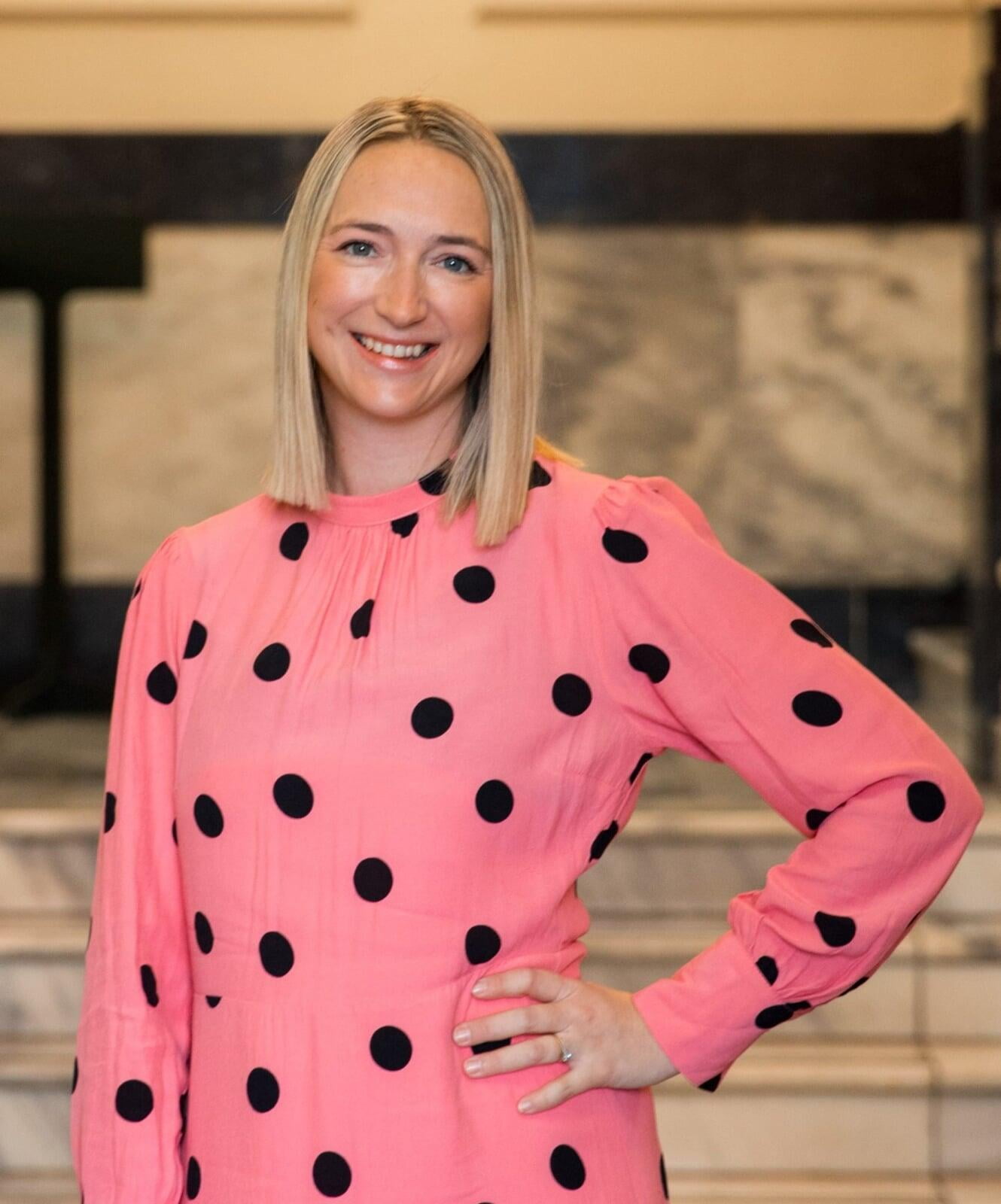
- Charlotte Downes - Programme Director, The Diversity Agenda
- Charlotte Downes - Programme Director, The Diversity Agenda
The Diversity Agenda
The Diversity Agenda, the award-winning movement is committed to helping the architecture and engineering consulting industry become more diverse, equitable and inclusive. Hear how what started as a discussion in a boardroom has become one of the biggest industry coalitions of its kind and how The Diversity Agenda is applying an industry-wide approach to tackle some of the biggest DEI challenges we face in the architecture and engineering consulting industry today.
About Charlotte
Charlotte Downes is the Programme Director for The Diversity Agenda, the award-winning movement committed to helping the architecture and engineering consulting industry become more diverse and inclusive, through awareness, empowerment and action. The Diversity Agenda has grown since inception to more than 150 members across the country and nearly 60 Chief Executives and business owners signing the Diversity Agenda Accord and being held publicly accountable for achieving truly diverse industries.
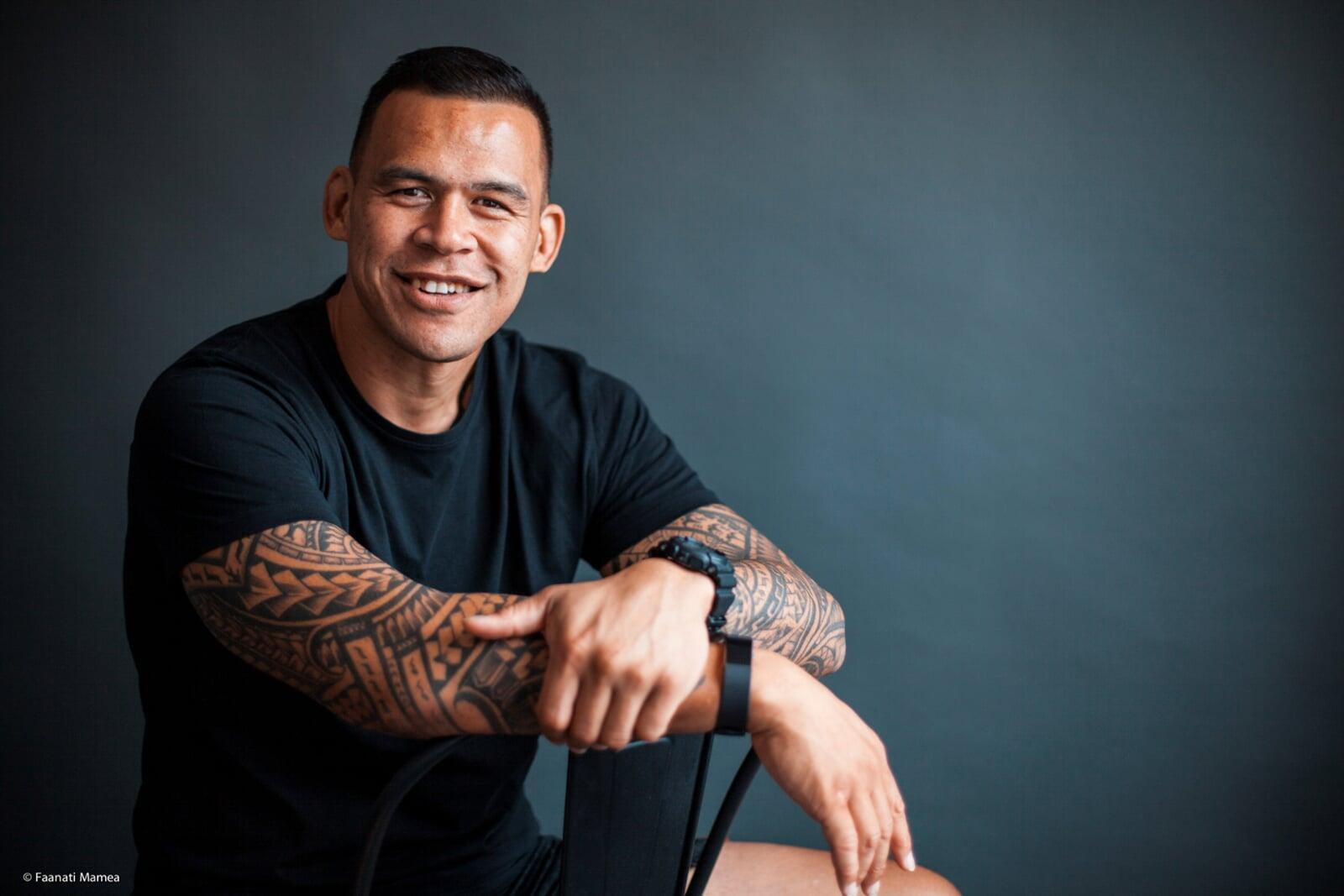
- Dave Letele - Founder of Buttabean Motivation and South Auckland community leader
- Dave Letele - Founder of Buttabean Motivation and South Auckland community leader
Building Resilience
Prepare to be captivated as Dave Letele shares his extraordinary journey of success and the invaluable lessons he learned from embracing failure. David Letele represents the Māori and Pasifika voices, bringing their perspectives to the forefront. As a remarkable individual and passionate community leader from South Auckland, he tirelessly advocates for families in need, making a profound impact on the lives of many. His dedication and commitment serve as a true inspiration for all.
Are leaders born, or are they made? Dave Letele grew up surrounded by gang leaders who inspired their people to be successful in their pursuits, but their focus wasn’t always on law-abiding initiatives. Starting with his high school days training to be a future NRL rugby league player, Dave Letele has done the hard yards in leadership. He has learned what makes great leaders, and what inspires others to achieve great things for themselves.
Dave’s unconventional start in life has enabled him to think of different ways to achieve success, and to embrace failure as a teacher. His willingness to be vulnerable and to ask for help shows his strength as a leader, and as a human being. His relentless positivity to change lives has made a difference to thousands of people across New Zealand, and he’s just getting warmed up.
About Dave
Former professional boxer, Dave Letele (AKA Brown Buttabean), is a South Auckland community leader who uses his platform to advocate for families in need. Having grown up with a father who was the president of the Mongrel Mob and in and out of prison throughout his childhood, Dave understands what it means to struggle. It took Dave a near-death experience to pull him out of a downward spiral. From there, he embarked on a journey that led to him owning several businesses, playing rugby league all over the world, becoming a professional boxer, losing almost 100 kg in body weight, and starting over.
Dave is an inspiration to thousands of Kiwis, achieving his transformation purely through hard work and dedication. Starting his platform via his private Facebook group where over 10,000 people have achieved life-changing levels of weight loss, Dave went on to found his company Buttabean Motivation (BBM), where he and his team are currently working with public health and social service providers across Auckland to deliver his highly effective BBM programs to improve the health outcomes for obese people.
Often consulted by the media, and even the former Prime Minister, Jacinda Ardern, Dave's bold and no-nonsense approach has changed thousands of lives in his community and around New Zealand. In 2022, Dave was awarded with the Kiwibank New Zealand Local Hero of the year Award for his incredible work across Aotearoa.
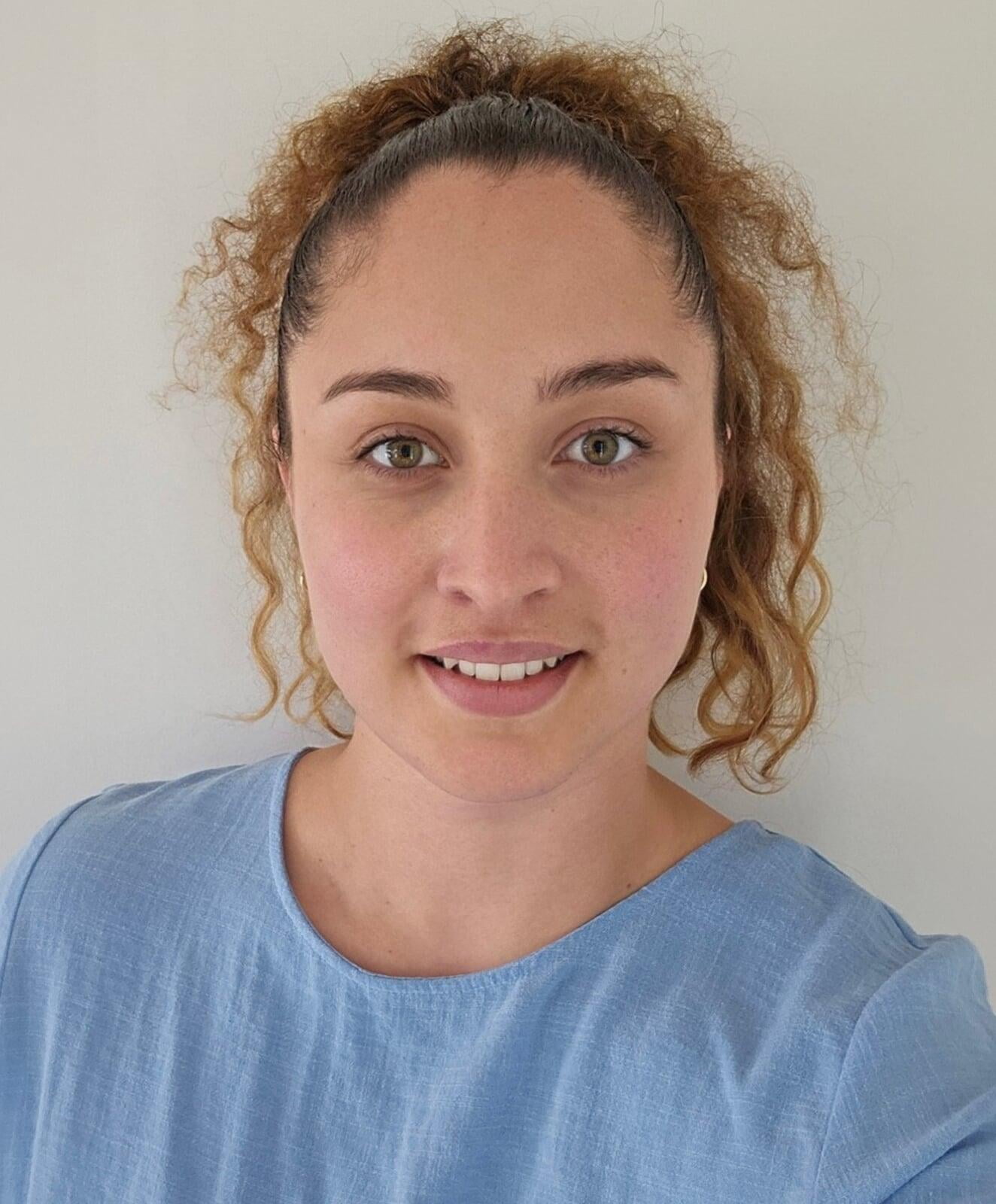
- L’Rey Renata - (Tainui, Ngā-puhi, Ngai Te Rangi) - PhD candidate (redefining engineering best practice through an indigenous te ao Māori lens) at Auckland University, and Water Engineer at GHD
- L’Rey Renata - (Tainui, Ngā-puhi, Ngai Te Rangi) - PhD candidate (redefining engineering best practice through an indigenous te ao Māori lens) at Auckland University, and Water Engineer at GHD
An indigenous Te Ao Māori perspective on waste management and practice
Te Ao Māori, or the Māori worldview, is deeply rooted in the principle of interconnectedness, recognising that all living and non-living entities within the natural world are linked. This interconnectedness extends beyond the physical world to include spiritual and cultural dimensions as well. One of the key principles within Te Ao Māori is tiakitanga. This principle emphasizes the responsibility of humans to care for and protect the environment, recognising that the well-being of the natural world is essential for the well-being of humanity.
In the context of waste management, the principles of Te Ao Māori can offer valuable insights. By understanding the interconnectedness of all living things and the impact of waste on the environment, individuals and communities can develop waste management practices that are more sustainable and respectful of the natural world. This holistic approach to waste management involves not only reducing, reusing, and recycling waste but also considering the cultural, spiritual, and environmental implications of waste disposal. By incorporating Te Ao Māori principles into waste management, it is possible to promote a more sustainable and regenerative relationship with the natural world, one that honors the connection between all living things and fosters a healthier environment for future generations.
About L'Rey
L’Rey is a descendant of Tainui, Ngāpuhi, Ngai Te Rangi and European heritage. She currently works for GHD as a water engineer and is in her provisional year of doctoral studies aiming to ‘Redefine Engineering Best Practice through an Indigenous Te Ao Māori lens'.
L’Rey utilises mātauranga, tikanga Māori, technical knowledge and industry experience to influence engineering practice and solutions. She contributes on the UsedFully Board, ACE NZ Māori Leadership Forum, Plastic Packaging Forum, CIRCUIT Board and Repair Cafe Board.
L’Rey was born and raised in South Auckland where she currently lives with her two beautiful children.
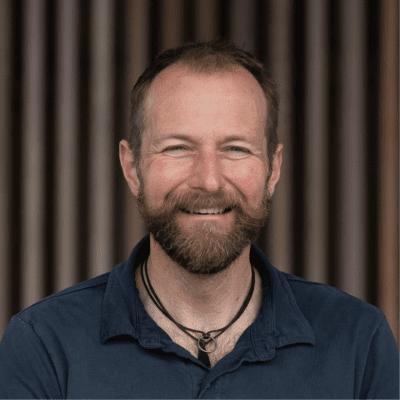
- Dr Paul Smith - Fixed First (formerly Head of Testing, Consumer NZ)
- Dr Paul Smith - Fixed First (formerly Head of Testing, Consumer NZ)
Product custodianship and the right to reuse – fixing our broken system
“Durable goods” has become a contradiction. Products we expect to last often fail too soon or become outdated and undesirable. Repair is usually too difficult or expensive, upgrades are rarely an option, and new replacements are viewed as the logical option. When “durable goods” get thrown away, the energy and resources embedded in them are wasted. It heats up our climate and costs us all in the pocket.
How did this unsustainable behaviour take hold? As consumers, we’re partly to blame for buying into the more is better story, but we’ve also been shuffled into a corner by the system. Manufacturers have a history of making products obsolete through design practices and marketing techniques – the intentional act of making durable products less durable. This takes away consumer choice, and it kills repair, refurbishing and resale of otherwise valuable goods. When you know what to look for the broken system is hidden in plain sight.
It’s not all doom and gloom: the repairability movement is growing fast. But we still have some way to go before the desire to cherish and look after products as they age (product custodianship) is the norm.
To develop a culture of product custodianship, consumers need help to choose more durable and supported products. Then it needs to be easy and desirable for us to hang on to these products. Manufacturers need to take responsibility to ensure their products don’t get binned, by supporting maintenance, repair and upgrading activities. Independent businesses, non-profits and community organisations can do their bit by providing education, and access to repair expertise and tools. And lastly, buying refurbished rather than new should always be an option, whether through manufacturers, authorised or independent retailers.
The broken system is a century in the making, but change is coming. This will lead to more repairable products being designed, made and sold, and brands will compete to be the most durable. With more repairable products sold new, we’ll develop a thriving market for refurbished products. Our system can be fixed.
About Paul
Dr Paul Smith has led Consumer NZ's independent product testing since 2014, empowering people to make informed purchase decisions. He has transformed Consumer's product advice so only long-lasting products that are satisfying to own get recommended.
Paul is a leading voice in the Aotearoa repairability movement. He advocates for a Right to Repair and a change to the broken system that sees too many ‘durable’ products sent to landfill.
Paul moved from the UK to Aotearoa in 2004, educating product designers and engineers of the future at Massey and Victoria universities and working in furniture design, before moving to Consumer. He tries to walk the talk, buying less and buying well, and embed that thinking into his two teenage kids (not always successfully).
He knows the future will be one of product custodianship – where we cherish and value the products we use – but we need to fight the system to get there, “We need product design that embraces repair and durability if we're to create a sustainable, circular economy".
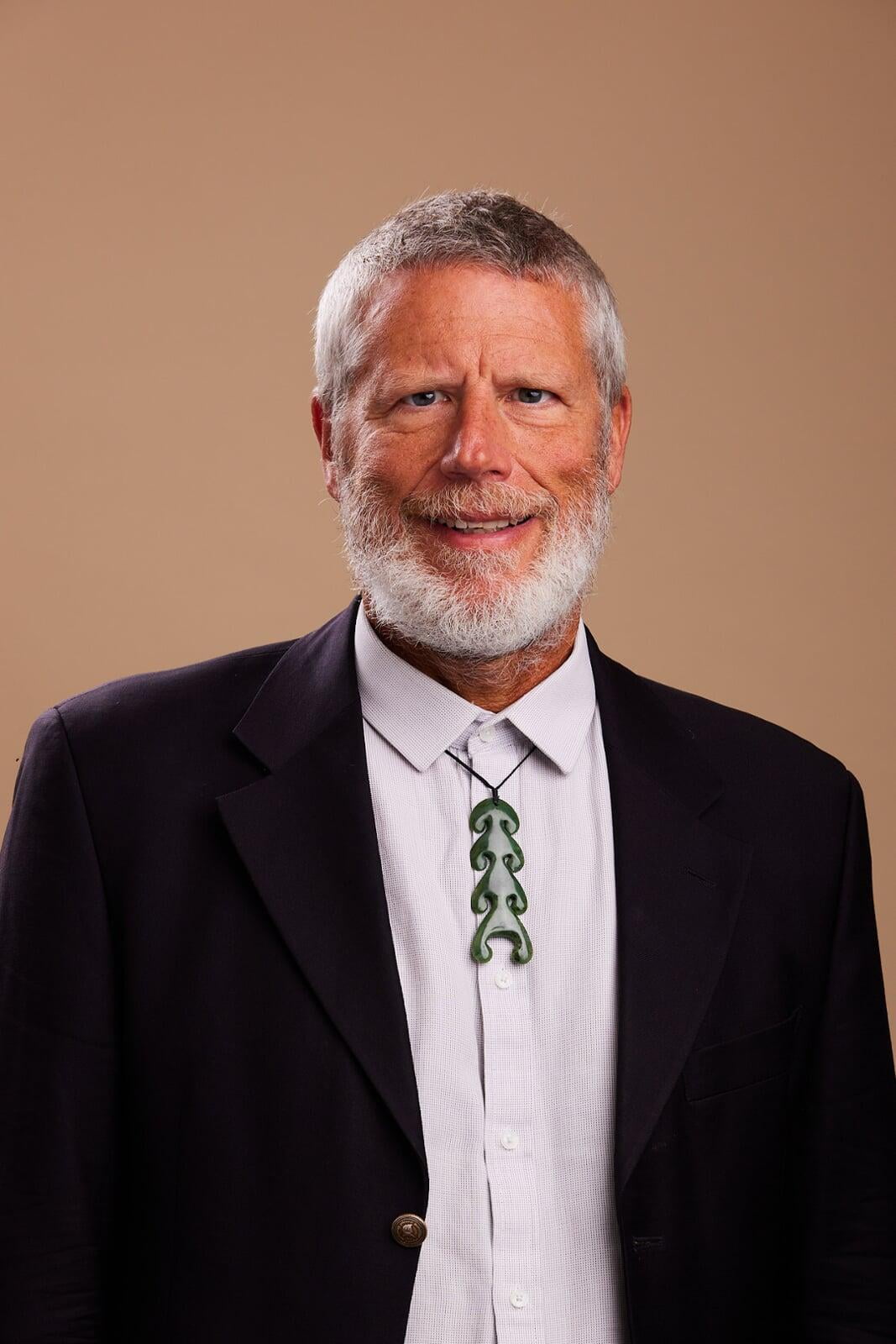
- Dr Rod Carr – Chairperson of He Pou a Rangi Climate Change Commission
- Dr Rod Carr – Chairperson of He Pou a Rangi Climate Change Commission
The role of waste in the low emissions economy
He Pou a Rangi Climate Change Commission Chair Dr Rod Carr will speak about the important role the waste sector has to play in Aotearoa New Zealand’s transition to a low emissions economy.
The Commission’s 2023 advice on the direction of policy for the Government’s second emissions reduction plan included a chapter many in the waste sector contributed views to, about reducing waste emissions. The advice also covered how waste management and minimisation can support decarbonising the economy, including through providing the fundamentals for a developing circular economy.
Dr Carr will discuss the challenges and opportunities facing waste professionals and how the waste, resource recovery and contaminated land management sectors can make a meaningful impact into the future, and will take questions from the audience.
About Rod
Dr Rod Carr has extensive experience in both public and private sector governance and leadership. He served as Chair and non-executive director of the Reserve Bank of New Zealand and served as Deputy Governor and for a time Acting Governor of the Bank. Dr Carr was the founding Chair of the National Infrastructure Advisory Board and for over a decade was a non-executive director of the Canterbury Employers’ Chamber of Commerce.
He led the University of Canterbury as Vice Chancellor for ten years, and holds a PhD in Insurance and Risk Management, an MA in Applied Economics and Managerial Science, an MBA in Money and Finance and honours degrees in law and economics.

